Game Studios Being Sued — Reasons, Cases, Conclusions
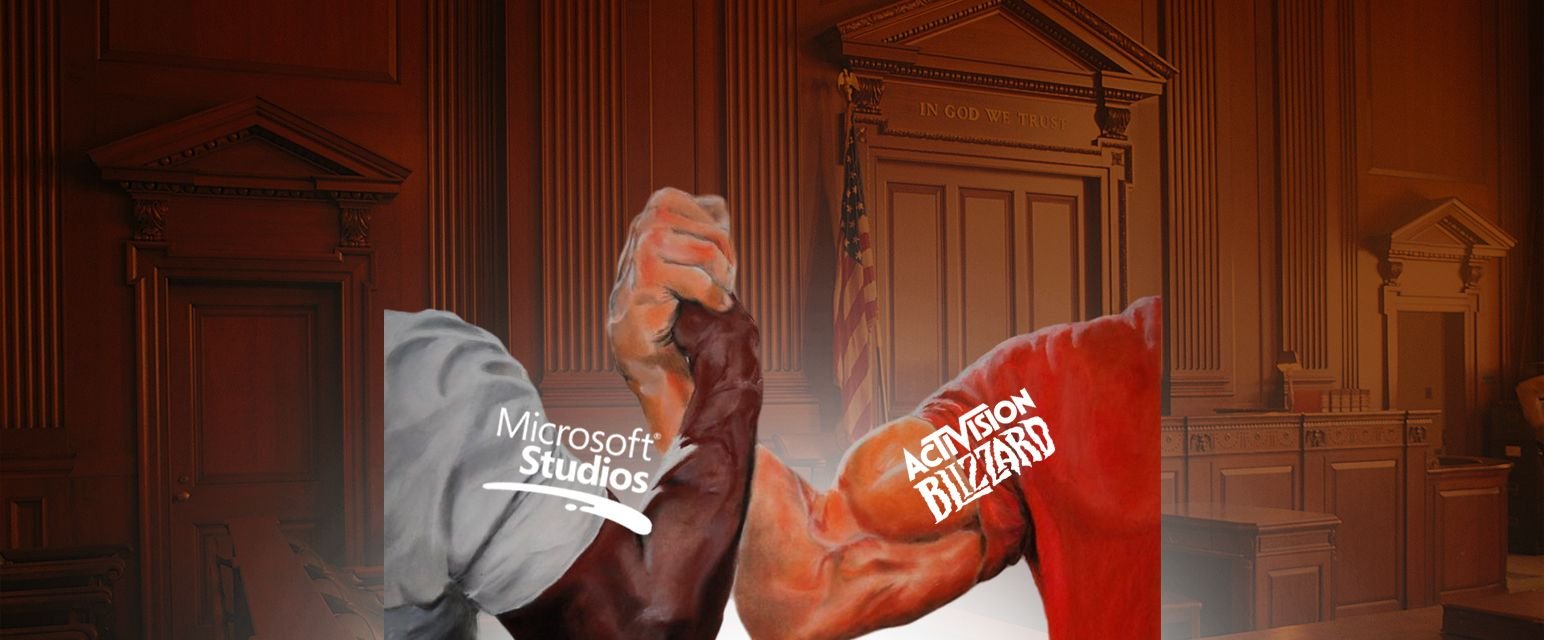
The gaming industry provides more than enough reasons for litigation and legal disputes. Legal conflicts may occur between various companies or between companies and consumers. The most common cases are plagiarism and copyright violation. But they may be different on closer examination. This text will tell how a few sued game studios went through such cases.
Microsoft and Activision vs FTC
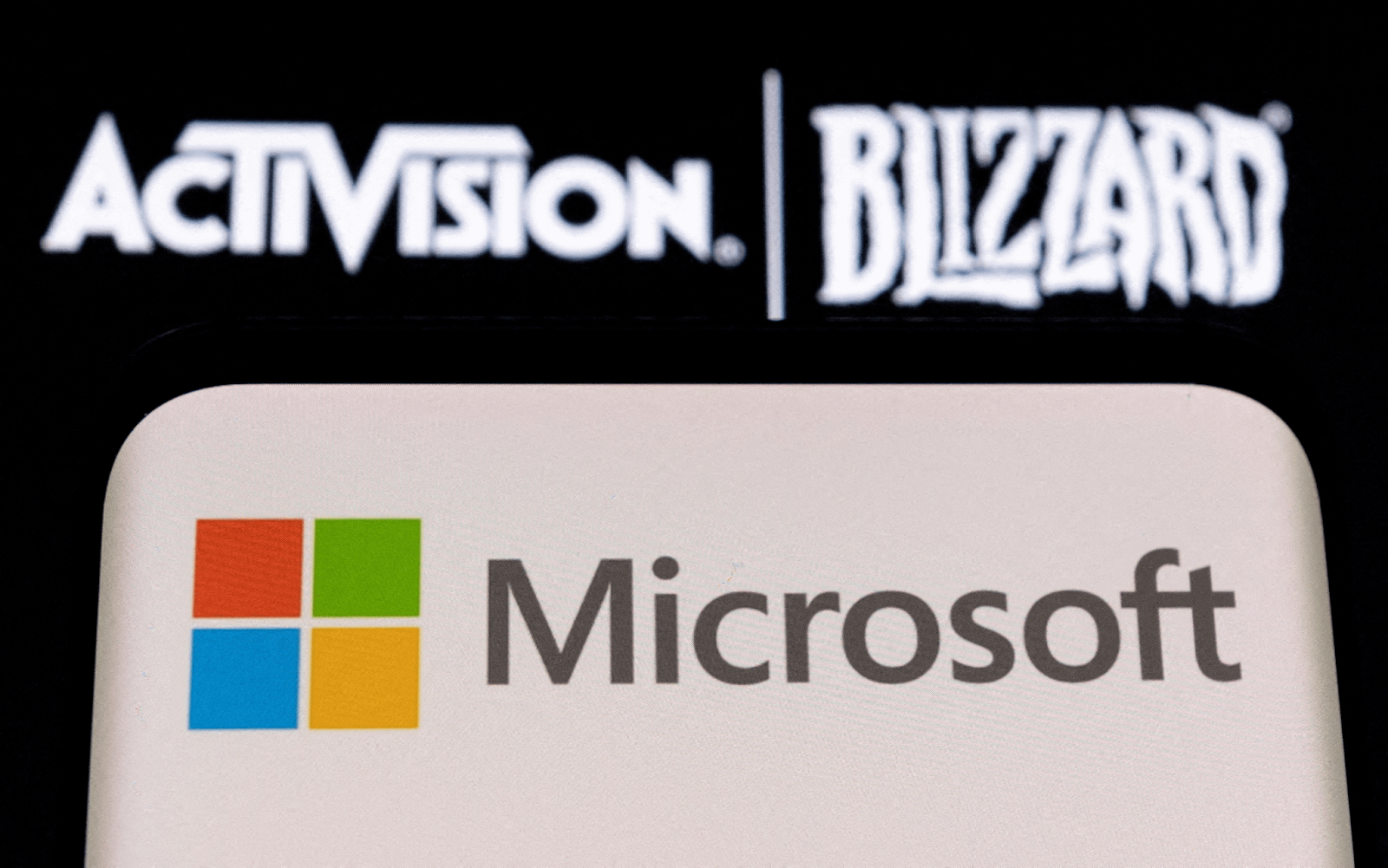
Microsoft is famous for developing or publishing many significant video products. Still, many talk about it mainly as a company producing computer software. But the grounds for suing it certainly makes us place it in a row with other game studios’ matters.
On December 8, the Federal Trade Commission demanded to block the deal between Microsoft and Activision Blizzard. At the beginning of the year, Microsoft announced a purchase of Activision for $68.7 billion. As a result of the deal, Microsoft should receive rights to iconic Activision franchises from Warcraft to Candy Crush. (King.com Limited publishes the last one, but Activision is a parent company.)
Along with the rights to host Major League Gaming, this would make Microsoft an enormously big player in the market.
FTC interferes with the antitrust purpose. But another reason is that Microsoft tends to make its products Xbox exclusives. Other companies may suffer if such a giant receives the possibility to make too many exclusives.
On December 21, ten American players filed an anti-monopoly lawsuit against Microsoft. The players’ reason for suing the game studio is the same. They fear this potential largest deal poses threats to the market and the greatest Activision franchises.
Microsoft has recently come up with an argument in defense of the deal. They speak about making the Call of Duty series available for Nintendo and PlayStation through the decade-long agreements. Microsoft and Activision presidents, Brad Smith and Bobby Kotick, express the hope to carry out the deal. But the FTC is also persistent. Who knows how it’ll end?
Epic Dance and Unintentional Purchases.
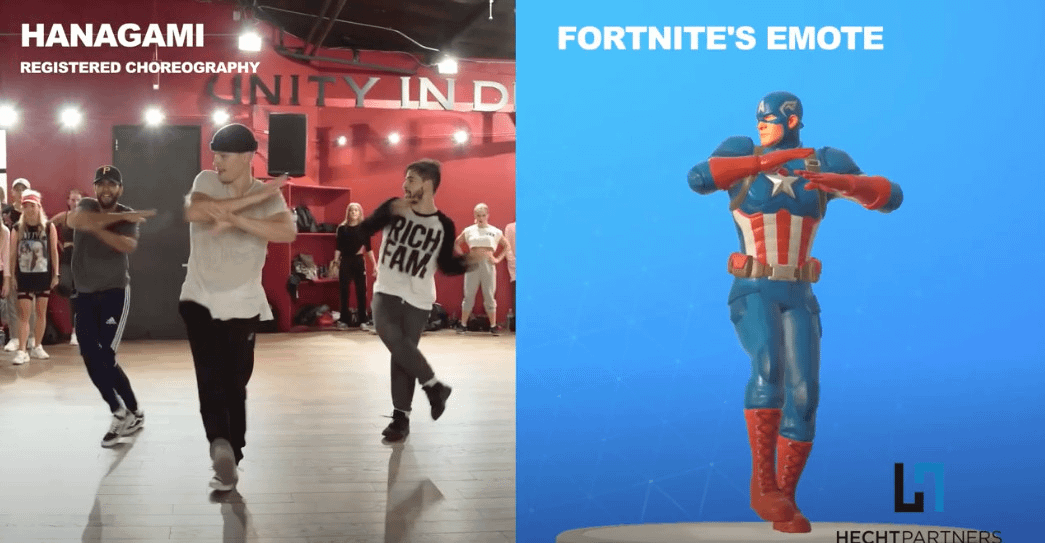
One can refuse to believe that a game studio could have a fight with a dancer. But 2022 has provided us with an example of such legal conflict.
One day, someone mentioned that Fortnite’s Captain America emote “It’s Complicated” resembles the hook from dance in the “How Long” video. The video belongs to the famous American singer Charlie Puth. But the dance for the video was professionally choreographed by Kyle Hanagami.
In March, Kyle filed a lawsuit against the company. The case was much more complicated than it seemed. In short, some elements of Kyle’s dance are not under copyright when they are taken in isolation. Suing game developers became even more difficult because they used different music. Kyle’s copyright claim was dismissed in November.
But Epic Games lost another especially curious matter. Since February 2021, the company has been blamed for manipulating children to unintentionally purchase various content. Multiple other accusations were also presented to successfully carry out the lawsuit. It was stated that Fortnite forces children players to play with adults who harass them. The company agreed to pay $520 million for everything it’s accused of.
The Old Case of Lineage 2
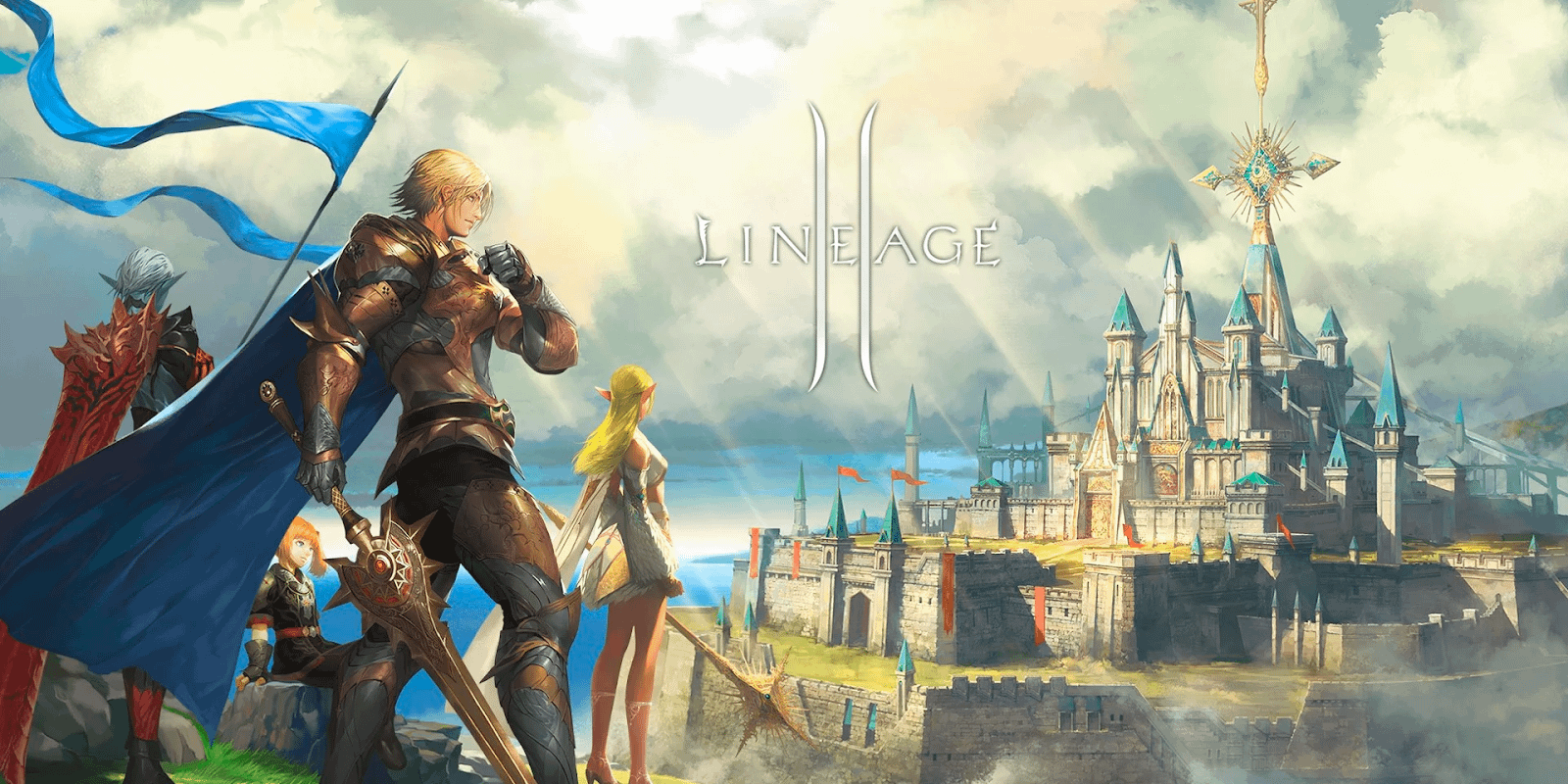
Fortnite was also blamed for the intentional creation of addiction. This accusation may have reminded us of the old lawsuit case associated with Lineage 2. An American gamer Craig Smallwood has spent 20,000 hours in Lineage 2, playing it from 2004 to 2009. By 2010, Craig suddenly understood all the problems he faced from playing it up to 11 hours a day. Who knew that soon he’d become one of the most successful people to sue a video game company?
The lawsuit against South Korean studio NCSoft was filed in Texas. Due to the specifics of the user agreement, Texas was the only place where it could be done. But a much more important feature of the agreement made it possible to sue the company for such a reason. That feature is that the document didn’t correctly state the threat of addiction among the potential negative consequences. This made the Lineage 2 legal dispute a remarkable precedent. Since then, many developers have tried to specify such threats more precisely. No one wants to pay $3 million to the player for playing their product too much.
Riot vs Imba Games, Moonton, and NetEase
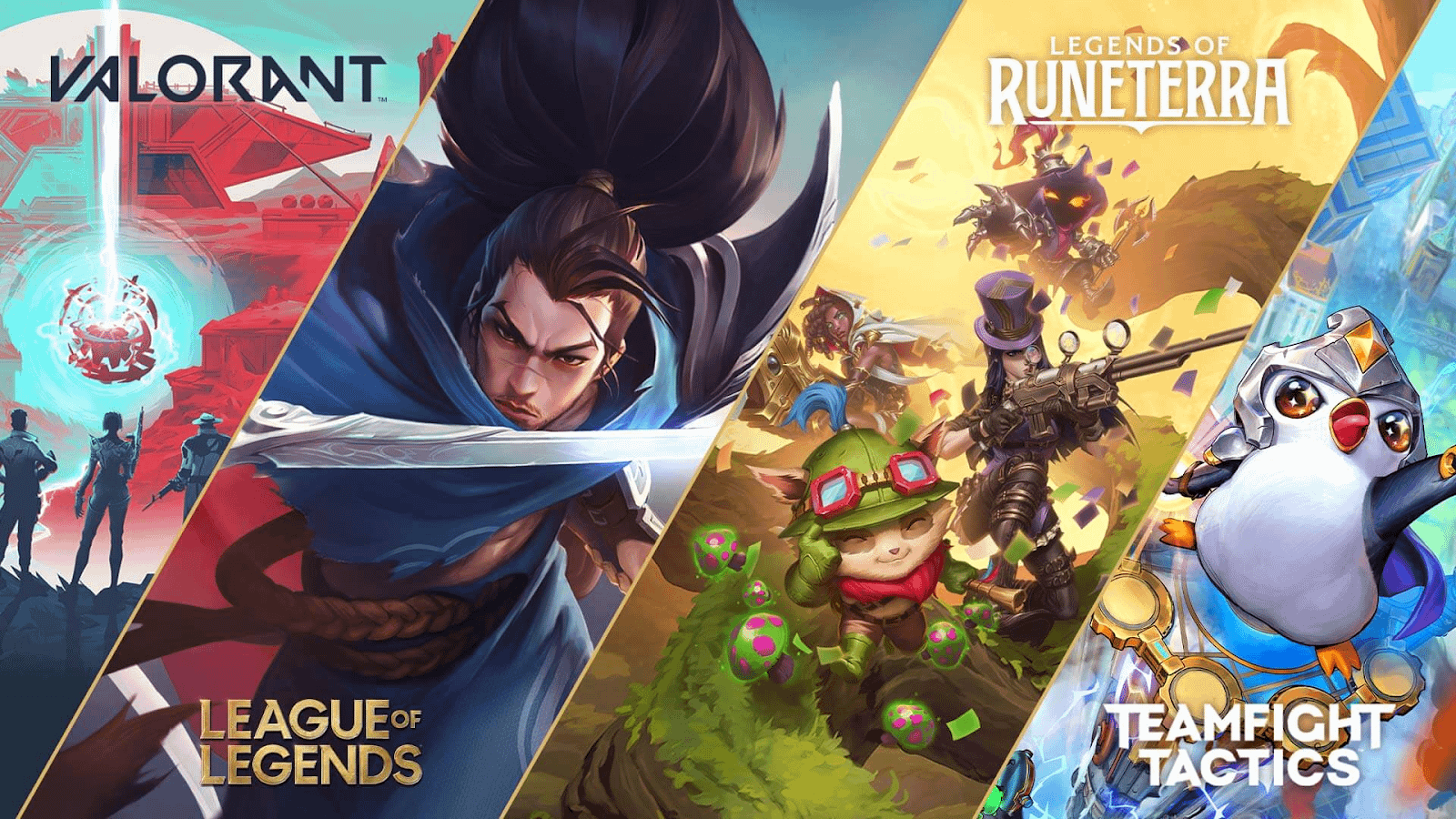
Another fresh case of the game studio being sued is the conflict between Riot Games and Imba Games companies. The last one is one of the leading Vietnamese software companies. On January 20, Riot filed a lawsuit against it for copyright infringement.
Some elements of the I Am Hero: AFK Tactical Teamfight obviously copy League of Legends. Not only names and appearances of a few characters but even abilities and lore. The most caricatural examples are such I Am Hero characters as Tomee, Zak and Dinger. It was hard to tell what makes them different from Teemo, Zac and Heimerdinger. Riot’s reason for suing Imba Games company can be seen in the pictures.
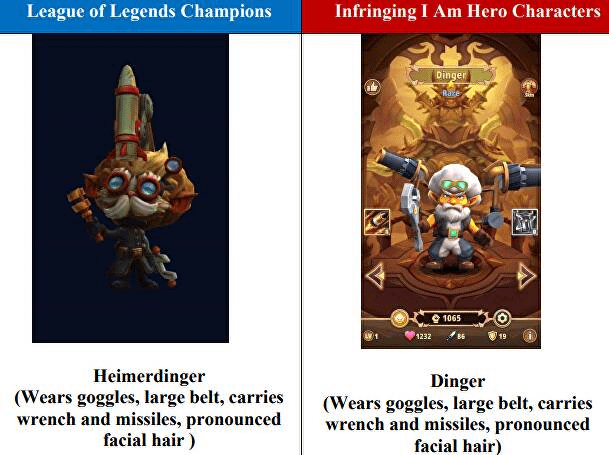
Riot aimed to have a $150 thousand compensation for each infringement. It’s scary to imagine the final amount if you look at the example of plagiarism of a character’s description:
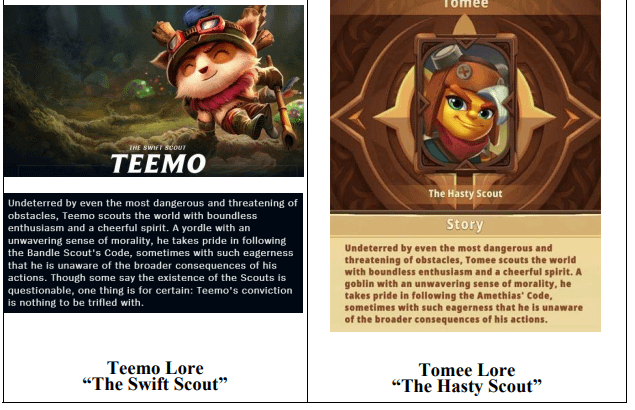
2022 seems to be a year of suing game studios for Riot. In May, LoL developers filed a new lawsuit against Chinese studio Moonton. Riot has already fought it because of the plagiarism in their Mobile Legends: Bang Bang product in 2017.
In December, Riot sued another Chinese company NetEase. The reason is the number of similarities Hyper Front has with Valorant. The company’s failures in suing Moonton in China and the USA have taught it a lesson. Riot plans to sue NetEase in different countries at the same time. Riot battles with the infringement seem to be far from over.
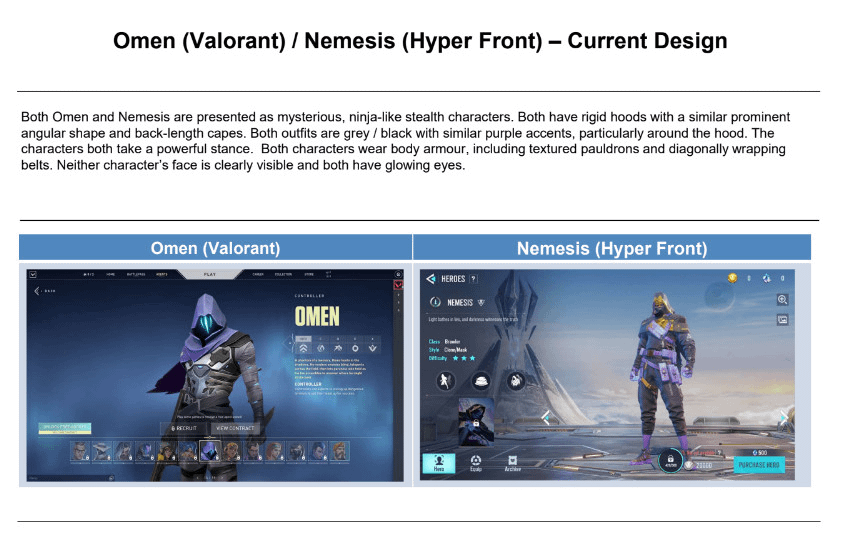
CD Projekt vs Investors
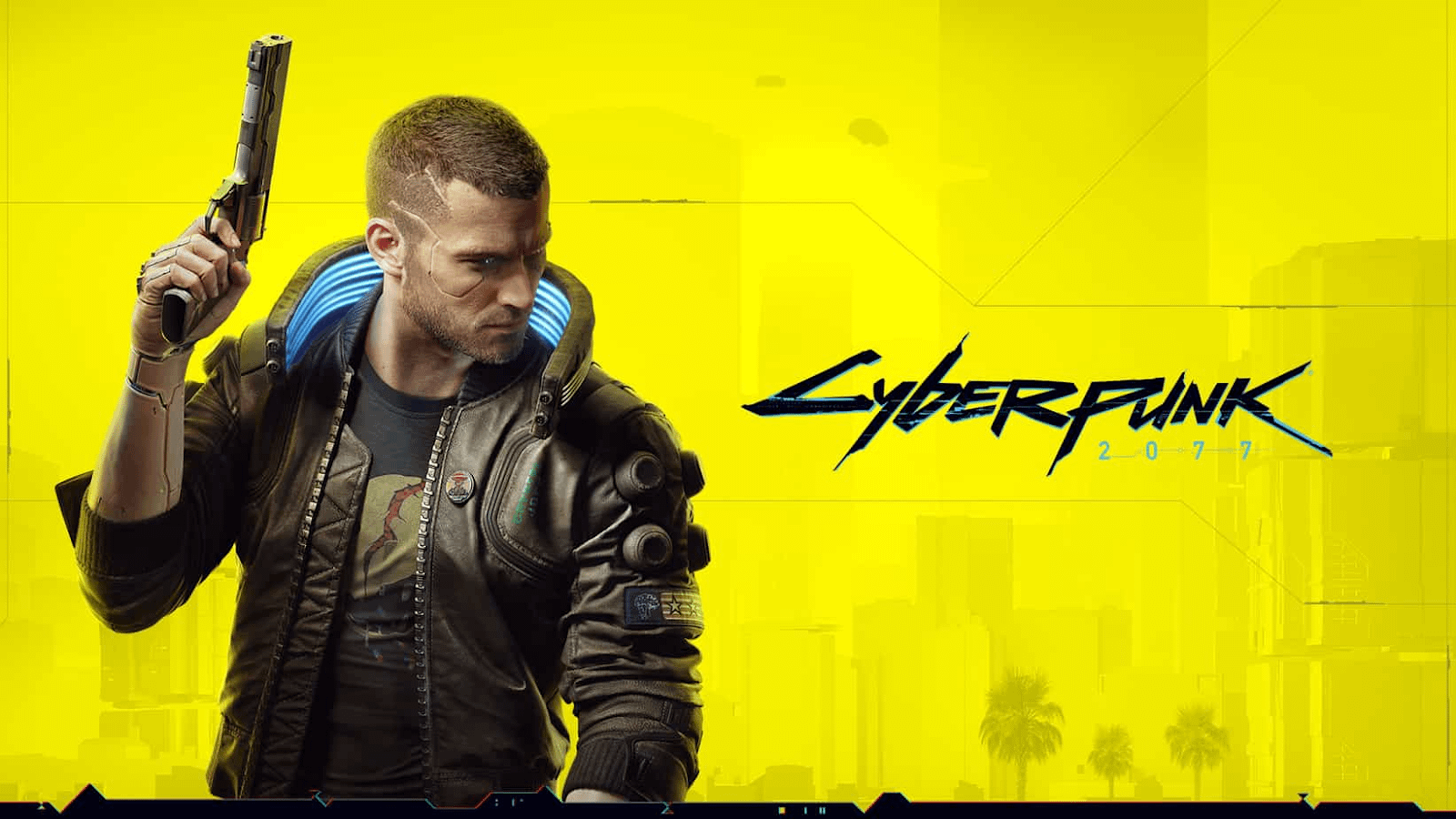
The quality scandals have pursued Cyberpunk 2077 since its release in December 2020. All the problems it had at the beginning made players very angry. But especially furious were the investors. The affair against CD Projekt game studio began with them suing it in January 2021.
Only a year later, CD Project signed a Settlement Agreement. Although that didn’t mean an admission of guilt. The company just decided not to spend extra money on expensive legal proceedings. Paying $1.85 million may really be much cheaper.
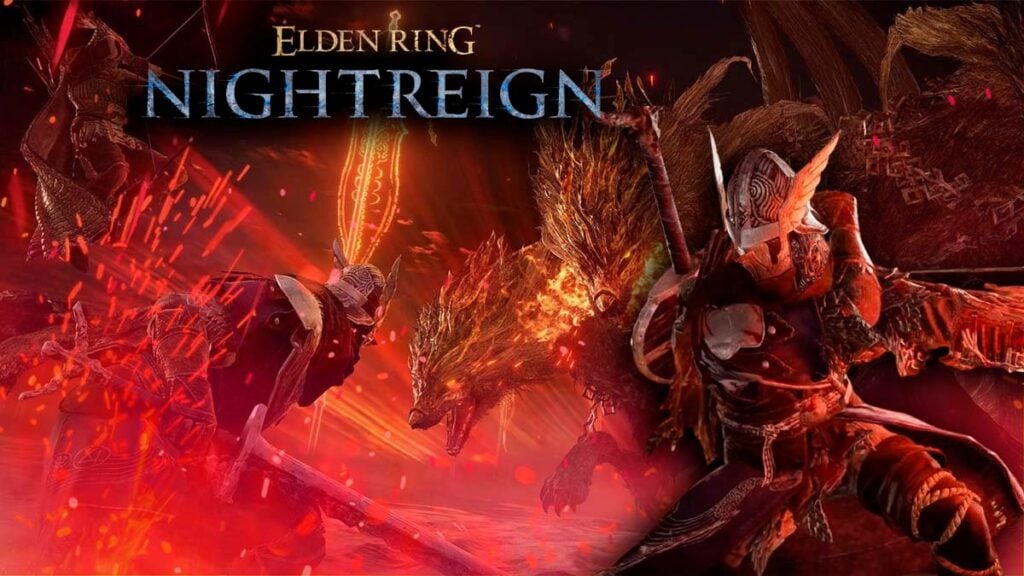
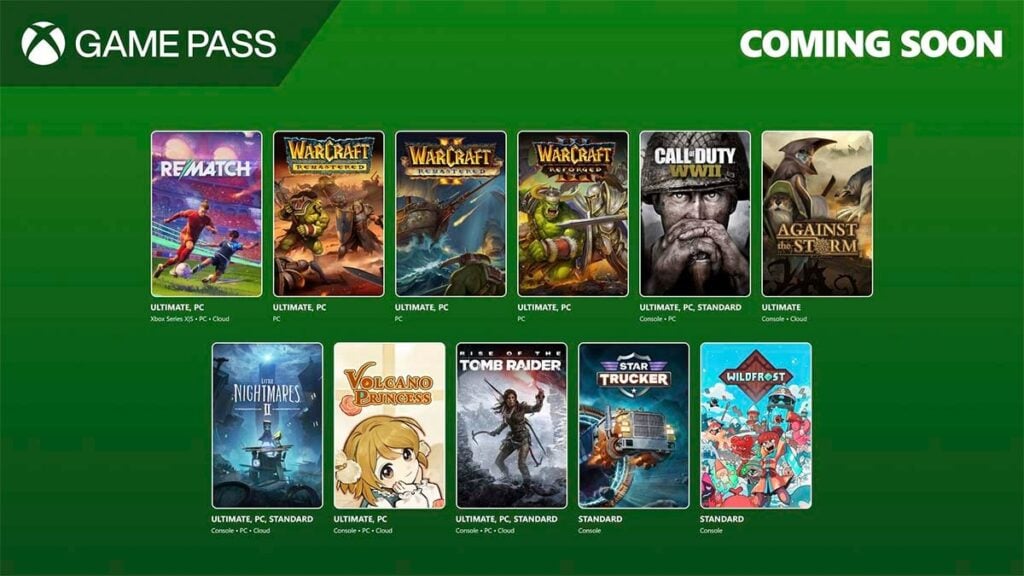
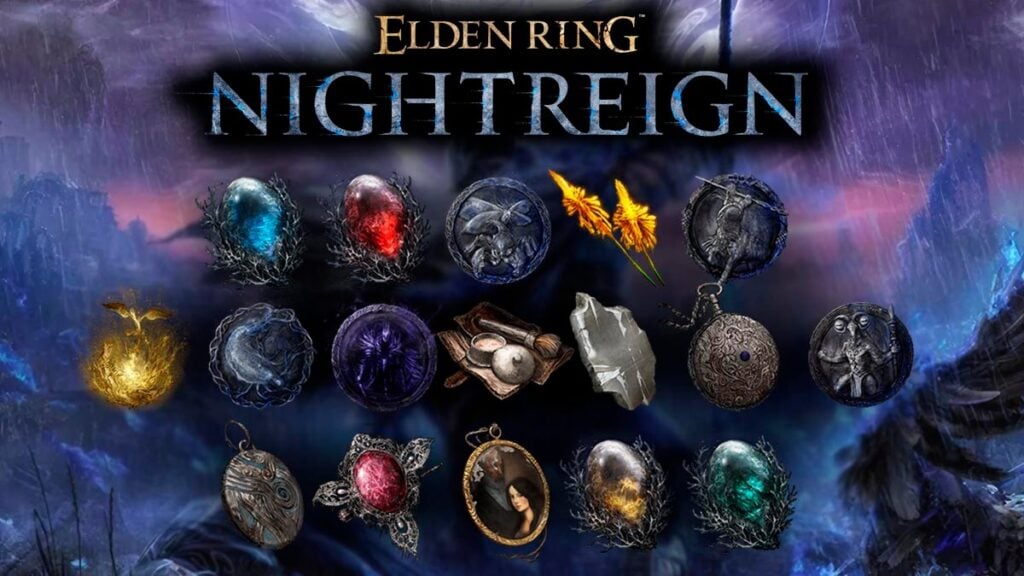
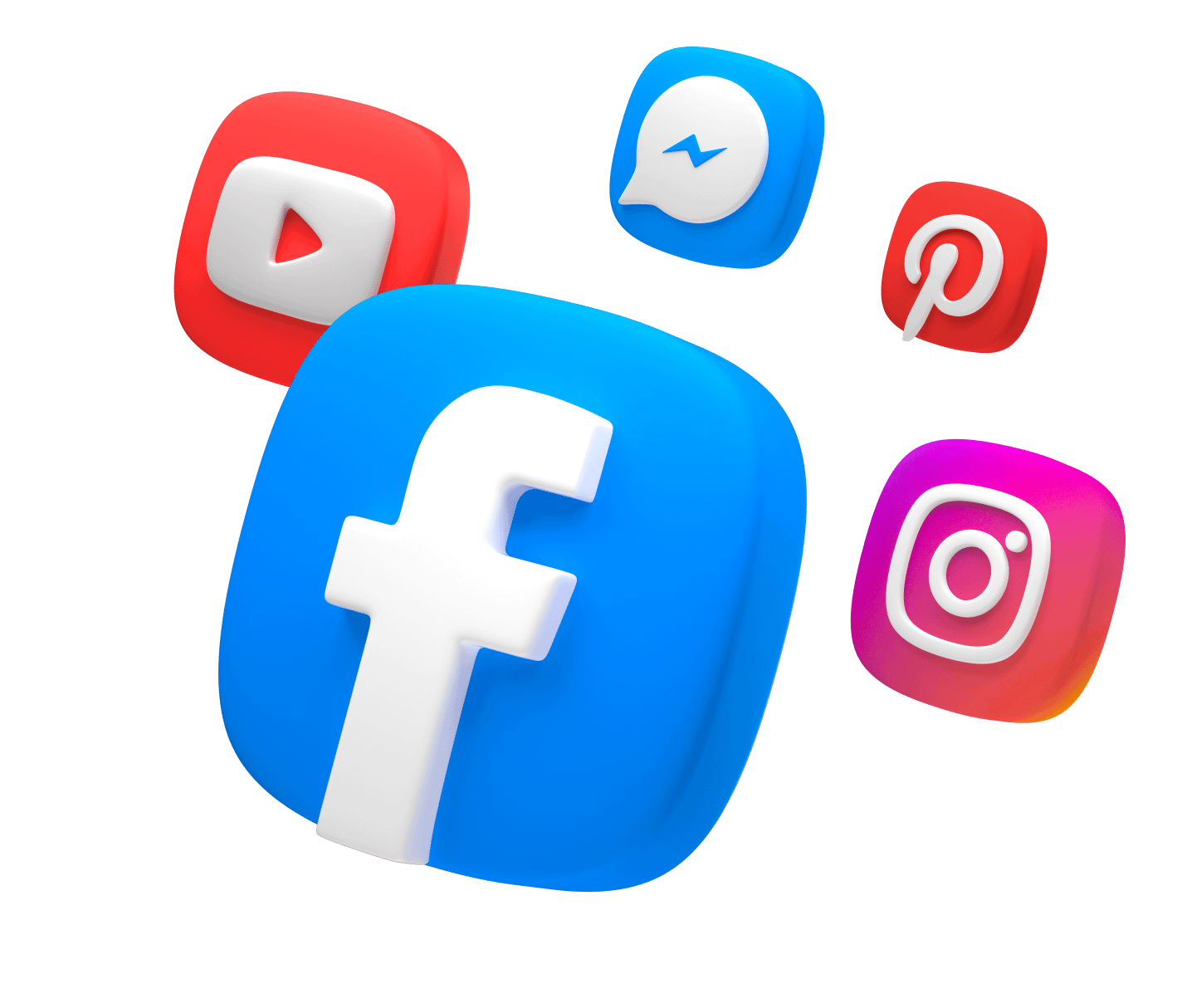
Comments